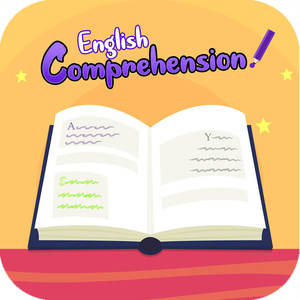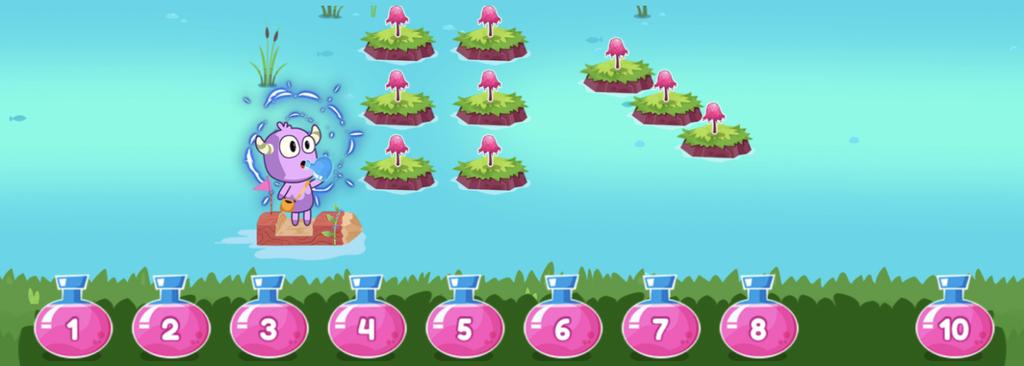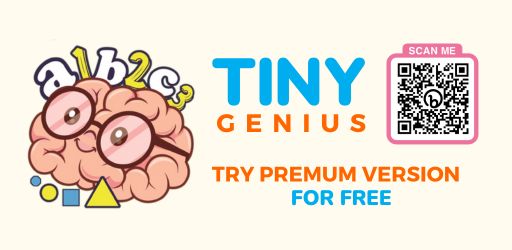Using Games to increase engagement, retention, and enhance learning!
“‘Tell me and I forget. Teach me and I remember. Involve me and I learn.”’ These stellar words by Benjamin Franklin that have stood the test of times only reinstate the importance of learning through involvement. As vast as the sea, the concept of learning is a journey that begins at our birth and is an unceasing one. Education and learning has evolved from time to time, from chalk & board to schools with multiple board affiliations, not only did teaching methodologies evolve but also did the student perspective.
Even till the 17th century, education was not a requirement, for many education was a dream. Eventually it started to be looked at as a bridge to a better and prosperous life. Education became the path to a high paying career and social status rather than for the pure joy of learning. Rote-learning made its presence more prominent.
As time progressed, the importance of learning by understanding concepts in-depth gradually took precedence over aimless memorization. This belief gave rise to the space of making studies more visually appealing for the students, after all, there is a reason why comic books and cartoons never fail to grab their attention.
Gamification in education has been around for decades, but with video games more popular now than ever before, there is an opportunity for educators and parents to take full advantage. Games have the power to change learning from an act of passively receiving information to an active pursuit of it. Unlike a normal lesson, a fun yet challenging game makes learners want to come back and play every day. This repetition helps them retain the knowledge they have acquired and creates a foundation for them to build upon in the future.
Notching-up technology, E-educators now focused on making learning not only a fun and engaging experience but also an interactive one. Interactive game based learning is the new breakthrough. And thinking this model was/ or is restricted to just kids would be turning a blind eye to a big spot.
Games and any game for that matter, attract attention and have a huge appeal for the masses and build a desire to win. The competitive spirit when awakened, fuels individuals to perform. Research by the National Center for Biotechnology Information, U.S. National Library of Medicine suggests that participants in the study demonstrated greater attention and focus on the task when they believed they were competing against another participant.
Gamification in learning has helped create exciting, educational, and entertaining content and plays on the psychology of competition that drives human engagement. The sense of competition gives a natural high while learning concretes itself simultaneously. A sense of achievement or reward releases dopamine and helps keep a more positive approach.
One aspect in which gamification helps learners is by providing simulation scenarios that help learners to see the real-world applications and benefits of the subject matter. They are able to get a first-hand look at how their choices within the game result in consequences or rewards.
SplashLearn – Just what children need for learning with fun!
SplashLearns’ game-based Learning program covers foundational skills in Mathematics (Pre-kindergarten to Grade 5) and Reading (Pre-Kindergarten to Grade 2). There are over 6500 curriculum-aligned activities for children to engage with, as they learn in a step-by-step manner through personalized learning pathways.SplashLearn aims to help children discover an innate love for learning by providing them with intuitive and playful learning experiences. Most gamified learning systems add game-based techniques such as leaderboards, rewards, badges, etc. around learning. While such systems can definitely help motivate children to spend more time on the product, they do not change how children learn in any significant manner. On the other hand, SplashLearns’ game-based learning approach uses games to transform how children learn. The primary intent behind it is not to enhance the entertainment value, but to improve pedagogy using games and therefore make learning more effective and intuitive. Games in SplashLearn are designed for specific learning objectives, and they make learning truly immersive through a lot of rich contexts, embedded instructions within games, meaningful interactions, and innovative in-game manipulatives.
SplashLearn Courses: Providing that extra help that children need!
Getting children to get into the groove with a regular learning cycle is important. Parents as well as teachers have to factor-in and help the child adjust to these changed circumstances, yet again which can be a cause of anxiety for the child.
With this in mind SplashLearn is offering online courses taught by experienced tutors which are designed to refresh the age appropriate math and reading skills in kids, help close any existing learning gaps and also help reduce anxiety as the schools reopens.
Frequently Asked Questions
1. How can games be used to increase engagement and enhance learning in education and training settings?
Games have the potential to increase engagement and enhance learning in education and training settings by providing interactive and immersive experiences. They can offer meaningful challenges, immediate feedback, and a sense of achievement, which motivates learners to actively participate and persist in their learning journey.
2. What types of games are most effective for improving retention and learning outcomes?
Different types of games can be effective for improving retention and learning outcomes. Simulation games allow learners to apply knowledge and skills in realistic scenarios, fostering practical understanding. Gamified quizzes and challenges can reinforce learning through competition and rewards. Role-playing games encourage empathy and perspective-taking. Serious games address specific learning objectives by combining entertainment with educational content. The effectiveness of a game depends on its alignment with the learning goals, instructional design, and the learners' preferences and needs.
3. How can games be adapted to suit different age groups, learning styles, and subject areas?
Games can be adapted for different ages, styles, and subjects through customization and design considerations.
4. Are there any ethical concerns related to using games in education and training?
While games offer numerous benefits, ethical concerns should be considered. These may include issues related to data privacy, security, and protection of personal information when using online games or gamified platforms. Additionally, game content should be appropriate, non-discriminatory, and culturally sensitive. It is important to ensure that games are designed ethically and with the well-being and safety of learners in mind.
5. How can games be integrated into existing educational programs or corporate training initiatives?
Games can be integrated into existing educational programs or corporate training initiatives by aligning them with the learning objectives and incorporating them strategically. This can involve identifying specific topics or skills that can be reinforced or practiced through games, integrating game-based activities into lessons or modules, or utilizing game-based platforms or software.

Improve your Child's Reading Comprehension Skills Through an App!
Reading Comprehension Fun Game helps parents and students improve reading skills and ability to answer questions. This English Reading Comprehension App has got the best stories for kids to read and answer related questions!










